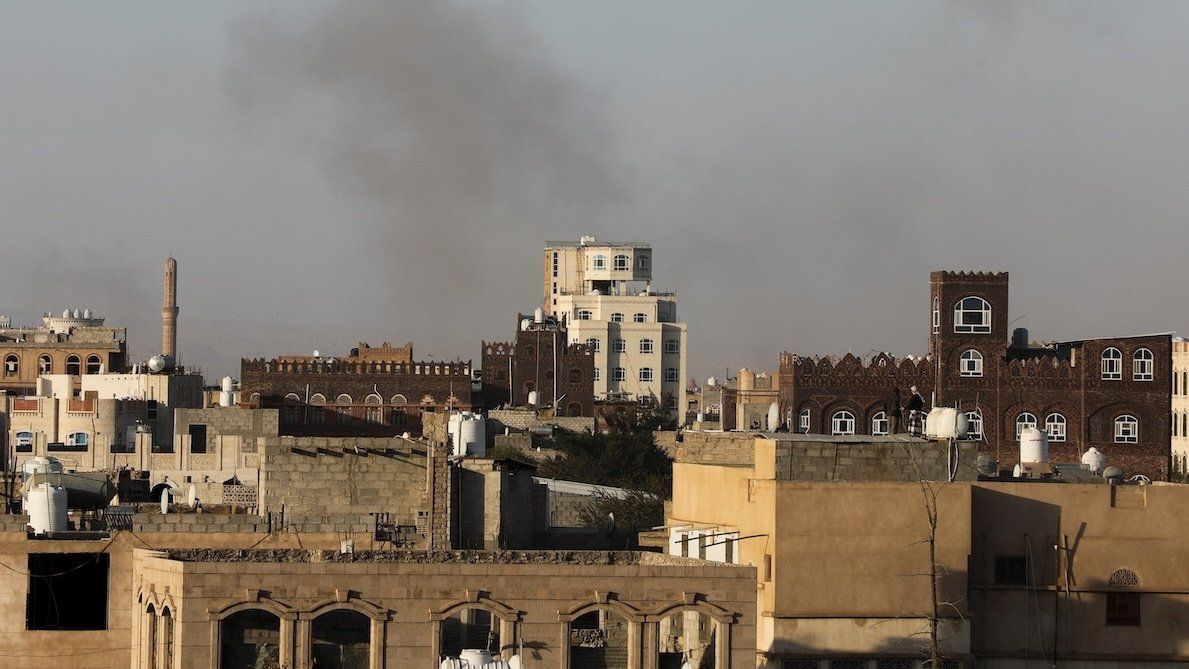Israel on Thursday struck military sites and power infrastructure across parts of Yemen controlled by the Houthi militia.
The move is the latest in an escalating tit-for-tat between Israel and the Iran-backed rebels who control most of Yemen and have launched several missiles and drones at Israel over the past week alone.
The Houthis pledged solidarity with Hamas in the days after the group’s attack on Israel on Oct. 7, 2023, and have attacked Israel directly as well as ships in the Red Sea since then.
Earlier this week, Israel threatened to kill the group’s leaders after a Houthi missile landed in a Tel Aviv playground.
Is this just a prelude? Israel in recent months has severely hobbled Iran’s other two main regional proxies, Hamas and Hezbollah, killing the leaders of both groups. Is Israel gearing up for a bigger campaign against the last relatively unscathed part of Iran’s “axis of resistance”?More For You
China was largely absent from the core conversations at the 2026 Munich Security Conference. That, says Ian Bremmer, is telling.
Most Popular
At the 2026 Munich Security Conference, Brad Smith announces the launch of the Trusted Tech Alliance, a coalition of global technology leaders, including Microsoft, committing to secure cross-border tech flows, ethical governance, and stronger data protections.
When the US shift from defending the postwar rules-based order to challenging it, what kind of global system emerges? CFR President Michael Froman joins Ian Bremmer on the GZERO World Podcast to discuss the global order under Trump's second term.
TODAY at 12 pm ET: Watch our Global Stage live premiere from the Munich Security Conference
Tune in today at 12pm ET/6pm CET for the live premiere of our Global Stage from the 2026 Munich Security Conference, where our panel of experts takes aim at the latest global security challenges. NY Times National Security Correspondent David Sanger moderates the discussion with Benedetta Berti, Secretary General, NATO Parliamentary Assembly; Ian Bremmer, President & Co-founder, Eurasia Group & GZERO Media; Dr. Wolfgang Dierker, Global Head of Government Affairs, SAP; and Brad Smith, Vice Chair & President, Microsoft.
